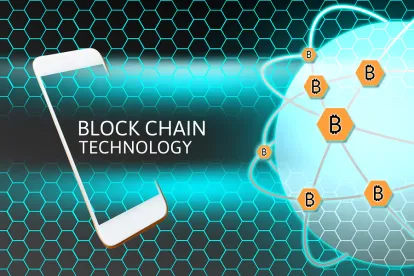As technology changes, the world changes with it. Telegraphs became telephones that turned into iPhones. Now, the world of finance and information technology has its own revolution underway. Of course, we are talking about blockchain technology. As with phones and telecommunications, regulations and legislation and judicial decisions determine some scope of the possibilities for the road ahead with blockchain as well. The question arises, then, regarding regulatory issues in blockchain technology.
The Present and Future for Regulatory Issues in Blockchain Technology
There is much to be said for the state of regulatory issues in blockchain technology in the present day, as well as where it might be headed in the not-so-distant future.
One problem that arises immediately with regard to regulatory issues in blockchain technology pertains to the localization of blockchain ledgers. As it is, blockchain registers do not have one centralized location. These are called “shared distributed ledgers” (DLT). It remains to be seen, then, how jurisdiction and judicial oversight would be determined in such conditions. As an extension of this, no one entity is “in charge” of shared distributed ledgers such as blockchain. With this in mind, it stands to reason that determining fault in liability cases would also be quite a regulatory headache.
Verifiability is a second issue that comes up in terms of regulatory issues in blockchain technology. As BBVA points out, “While there is wide consensus among the cryptographic and IT community regarding the practical immutability of blocks in a well-defined blockchain, either because it is technically impossible to modify blocks in ‘work test’ systems or other kinds of controls linked to consensus mechanisms, there is as yet no legal recognition of this aspect of blockchains, and therefore it could not be wielded as a legal argument in court.”
The central point here is about the tamper-proof nature of blockchain technology. Whether such a condition can actually be verified is at issue, and by extension so is the foundation for the verification of the transactions that take place on the ledger itself. A third (related) variety of regulatory issues in blockchain technology concerns the ability of the content stored within their cells to be deleted if a user so decides. This may not be feasible with blockchain, and thus another sort of regulation might need to be instituted. A possible solution is to make the data off-limits in its entirety if in fact the data cannot actually be deleted, which is centrally connected to the tamper-proof concern above.
Financial instruments included in blockchain (i.e., money), and international trade are also valid concerns for regulatory issues in blockchain technology. Of note, the Chineses Supreme Court recently recognized blockchain as admissible in evidence. If we may be so bold as to quote our own recent writing: “This is a major statement from one of the world’s leading economic powers about the viability of blockchain and cryptocurrencies as a means of an electronic ledger.”
Summary
This is, in fact, the case. As more international bodies begin to recognize — and thereby validate — the use of blockchain as a financial instrument, ownership and use in international trade become very hot topics indeed. The world is moving closer and closer toward a technological horizon in which blockchain becomes integral to the way things are done in virtually any capacity or industry, regardless of county or currency. Whether this actually takes place is an open matter of debate, but it isn’t farfetched to imagine such a future. As we do, it is wise to consider the regulatory issues in blockchain technology as a part of the practical nature of doing business and the practice of law.




 />i
/>i
